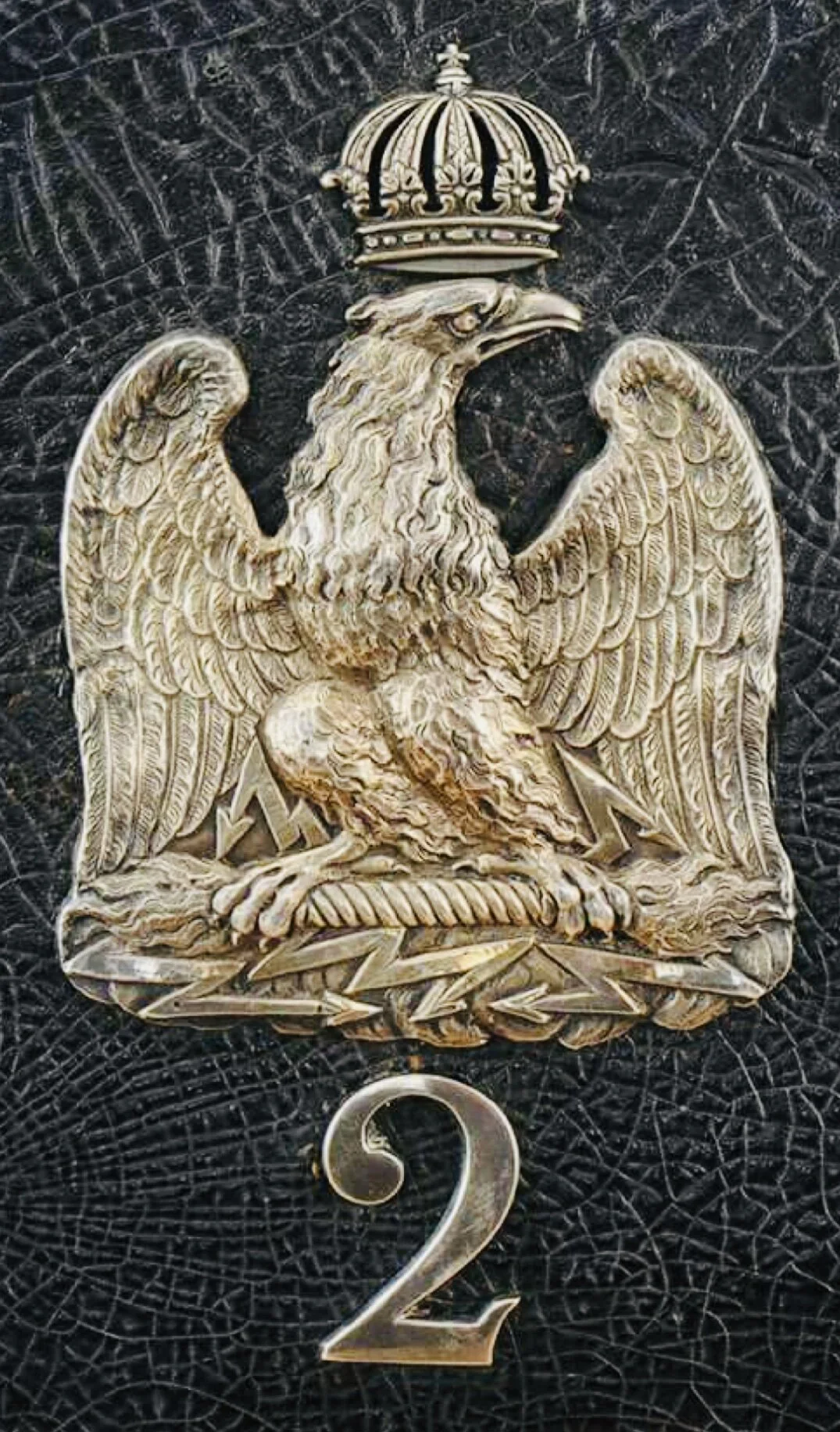This is part of a series of letters from Josephine and Hortense to their beloved Eugene. Sometimes I wonder how the jealous-where-his-feelings-were-concerned, Napoleon felt about all this Eugene centered adoration. Was Napoleon at all jealous? Did it impact the course of history? In her memoirs, Hortense does make a case for ways in which Napoleon mishandled Eugene.
Here we can again see Napoleon enlisting Hortense as an event planner.
Dear Eugene,
Paris, April 1806.
Our Sunday ball was superb, my dear Eugène, and our quadrilles very pretty. Our knights wore our colors, which, having the air of chivalry, could not fail to please the ladies (2).
All the news coming from Milan does not speak of your pleasures, but of your work; You must take care, therefore, that your health does not suffer. You are so used to exercise that not doing it at all could hurt you.
Your Chasseurs maneuvered last Sunday in the parade, and they still did very well.
The Emperor was happy with them. I always enjoy seeing them. I tell them about you and I see that they always miss you very much.
If your wife is really pregnant, can you come for the May or June celebrations? because I think they will happening at this time? If you come, I will go to meet you at least thirty leagues away. So you will just need to tell me the day of your arrival. Farewell, my dear Eugène, I kiss you as I love you.
HORTENSE.
PS. A thousand things to your wife.
(2) This refers to the first masked ball given at the Tuileries by the Emperor. This ball was held on Sunday April 20, 1806. It was organized in honor of the Prince and Princess of Baden (Stephanie de Beauharnais), who recently married. Princess Louis performed her quadrille in the hall of Marshals while Mme. Murat led the one in the gallery of Diane. Mme. de Rémusat gives us a description.
Describing the quadrille of Hortense, she speaks of "sixteen men wearing a uniform, closed in front, in white satin, with scarves matching the colors of the flowers worn by their lady. (Memoirs of Mme de Rémusat, Paris, Calmann Lévy, 1893, in 8°, III, 22.)
Cela fait partie d'une série de lettres de Joséphine et Hortense à leur bien-aimé Eugène. Parfois, je me demande à quel point la jalousie-là-où-ses-sentiments étaient concernés, Napoléon ressentait toute cette adoration centrée sur Eugène. Napoléon était-il jaloux? A-t-elle eu un impact sur le cours de l'histoire? Ici, nous pouvons à nouveau voir Napoléon enrôler Hortense comme planificateur d'événements.





